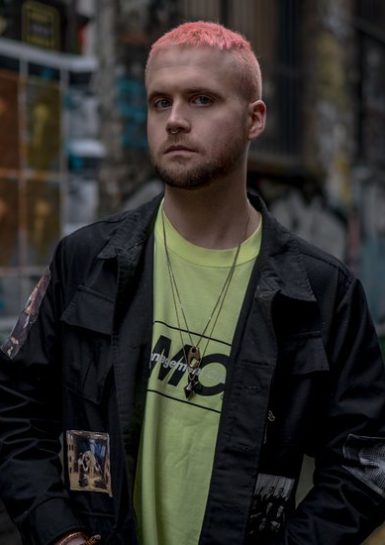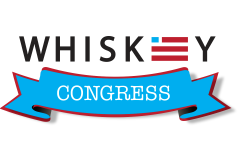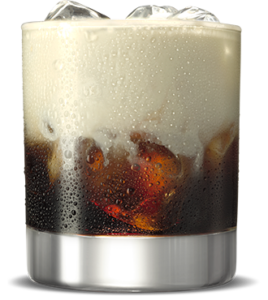
Facebook’s Actions Too Little Too Late Regarding Cambridge Analytics
I love Facebook. There, I said it. I love it. I use it daily and I consider it to be one of the greatest inventions of my lifetime. Because of Facebook, I am connected with people from my past and networked as a comic in ways that would have been essentially impossible before Facebook. I am also a fan of Mark Zuckerberg as a person and a businessman. With all of that said, Mr. Zuckerberg failed the “Spiderman Test”. With great power, comes great responsibility. Now Facebook has banned former Cambridge Analytica founder, Christopher Wylie (among others) from using their platform. The fact is that Cambridge Analytica did the 2016 equivalent of the tactics that launched George W Bush over John McCain in the 2000 Republican Presidential Primary. They just did it with a much more powerful weapon.
LONDON — As the upstart voter-profiling company Cambridge Analyticaprepared to wade into the 2014 American midterm elections, it had a problem.
The firm had secured a $15 million investment from Robert Mercer, the wealthy Republican donor, and wooed his political adviser, Stephen K. Bannon, with the promise of tools that could identify the personalities of American voters and influence their behavior. But it did not have the data to make its new products work.
So the firm harvested private information from the Facebook profiles of more than 50 million users without their permission, according to former Cambridge employees, associates and documents, making it one of the largest data leaks in the social network’s history. The breach allowed the company to exploit the private social media activity of a huge swath of the American electorate, developing techniques that underpinned its work on President Trump’s campaign in 2016.
An examination by The New York Times and The Observer of London reveals how Cambridge Analytica’s drive to bring to market a potentially powerful new weapon put the firm — and wealthy conservative investors seeking to reshape politics — under scrutiny from investigators and lawmakers on both sides of the Atlantic.
Christopher Wylie, who helped found Cambridge and worked there until late 2014, said of its leaders: “Rules don’t matter for them. For them, this is a war, and it’s all fair.”
“They want to fight a culture war in America,” he added. “Cambridge Analytica was supposed to be the arsenal of weapons to fight that culture war.”



